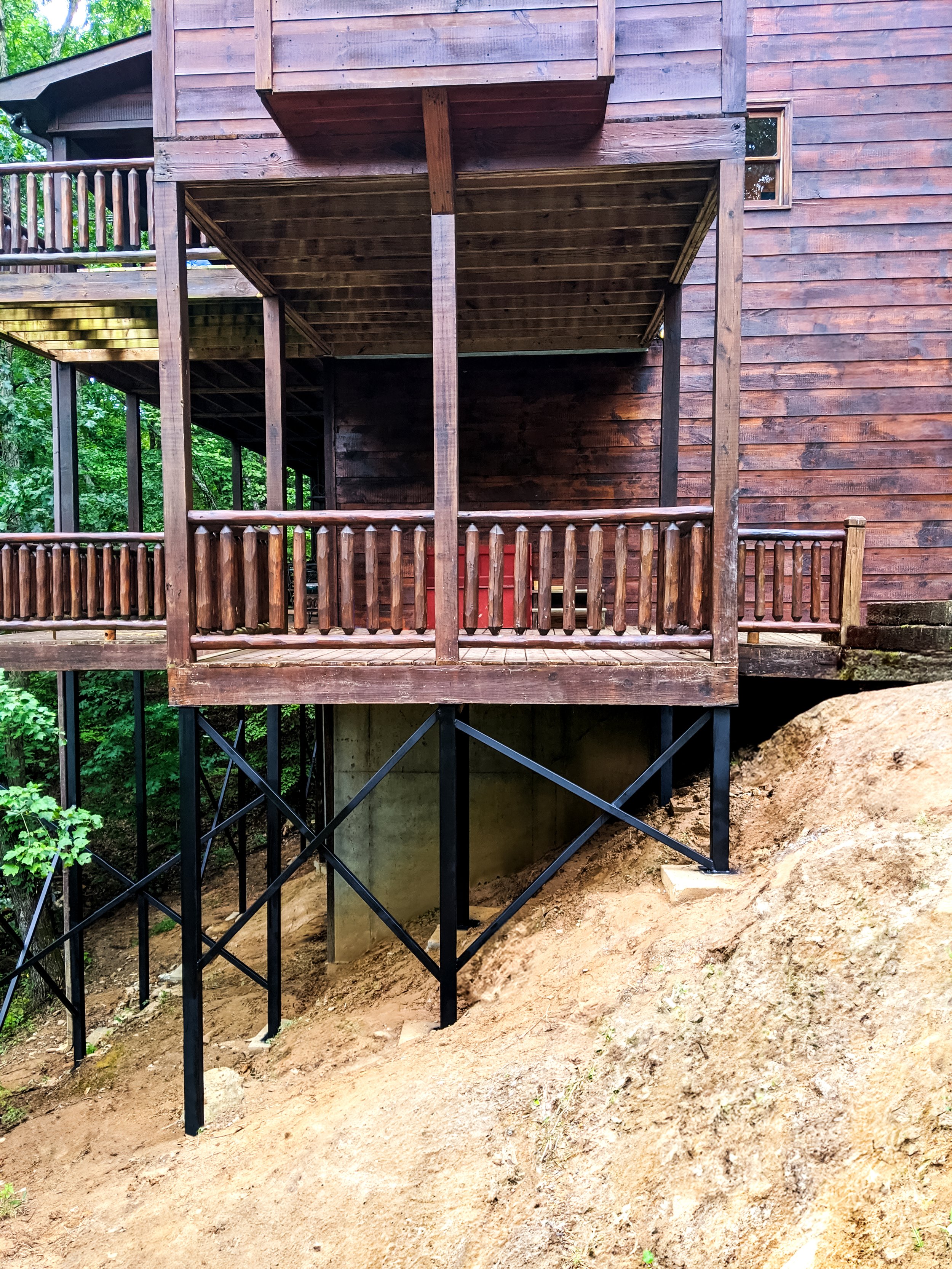DIY or Professional Help: The True Costs of Building or Repairing Your Deck
Building or repairing a deck can be an exciting yet daunting task. It’s often the centerpiece of outdoor gatherings, a space for relaxation, and a valuable addition to your home’s value. However, homeowners are often confronted with the dilemma of whether to tackle this project themselves or hire professional help. In this article, we'll delve into the costs associated with both options, weighing their pros and cons, and offering insights on making the best choice for your unique situation.
Understanding Decks: An Overview
The Importance of Decks in Home Design
Decks serve as vital extensions of our living spaces. They provide areas for entertaining guests, enjoying quiet evenings, or simply soaking up the sun. Their functionality goes beyond aesthetics; they also enhance property value considerably.
Types of Deck Materials
When considering building or repairing your deck, you’ll encounter various materials like wood, composite, vinyl, and aluminum. Each material comes with its own set of advantages and challenges.
DIY or Professional Help: The True Costs of Building or Repairing Your Deck
Small Scale vs. Large Scale Projects
Are you looking at a minor repair, such as replacing a few boards? Or do you have grand plans for a complete overhaul? Understanding the scale will significantly influence your budget.

Labor Costs: DIY vs. Hiring Professionals
Labor is one of the most substantial costs when it comes to building or repairing decks.
- DIY: You save money on labor but invest time and effort.
- Professional Help: Generally ranges from $30 to $80 per hour depending on experience.
Material Costs Breakdown
The choice of materials directly impacts the total cost:
| Material Type | Average Cost per Square Foot | |---------------|-------------------------------| | Pressure-Treated Wood | $2 - $5 | | Composite | $5 - $12 | | PVC | $7 - $15 |
Consider quality over cost—cheaper materials may lead to structural deck and porch repair down the line.

Assessing Your Skills: Are You Up for It?
Skill Level Evaluation
Before you decide on DIY or hiring professionals, assess your skills honestly.
- Are you familiar with construction?
- Do you possess tools necessary for deck building?
These questions will guide your decision-making process.
Common DIY Mistakes to Avoid
If you choose to go the DIY route, be wary of common pitfalls:
- Underestimating Time: Projects often take longer than expected.
- Improper Measurements: Always double-check measurements before cutting.
Avoid these mistakes and save yourself future headaches.
Permits and Regulations: A Must-Know Aspect
Understanding Local Building Codes
Before embarking on any project, check local regulations regarding deck construction and repairs. Some municipalities require permits for building decks over certain heights.
Consequences of Skipping Permits
Failing to secure necessary permits can lead to fines or forced removal of non-compliant structures. Make sure you’re informed!
Cost Analysis: A Closer Look
Initial Setup Costs
Both DIY and professional projects come with initial costs:
Cost Example Table
| Item | DIY Cost Estimate | Professional Cost Estimate | |--------------------|------------------|-----------------------------| | Tools | $200 - $500 | N/A | | Materials | Varies | Included in quote | | Permit Fees | $50 - $200 | Usually handled by pro |

Long-Term Costs: Maintenance Matters!
Regardless of who constructs your deck, maintenance is key to longevity and performance. Regular inspections can help prevent costly structural deck and porch repairs later on.
DIY Pros and Cons
Advantages of Doing it Yourself
Disadvantages of Doing it Yourself
Hiring Professionals: Pros and Cons
Benefits of Hiring Experts
Drawbacks of Hiring Professionals
Calculating Total Project Costs
Estimating Your Budget Effectively
To estimate your budget effectively:
With all these factors in mind, create a realistic budget that accounts for unexpected expenses.
FAQs About Deck Building/Repairing Costs
What is the average cost for deck installation?
The average cost typically ranges between $15-$30 per square foot based on materials used and labor rates in your area.
Can I build a deck without a permit?
It depends on local regulations; however, it’s generally advisable to obtain one to avoid future legal issues.
How long does it take to build a deck?
A simple 10x10-foot https://www.heidecontracting.com/reliable-structural-deck-repairs deck might take about 1-2 weeks if done professionally; DIY timelines vary widely based on skill level.
Are there financing options available for deck construction?
Yes! Many contractors offer financing options; additionally, personal loans might be an avenue worth exploring.
What type of wood is best for decking?
Pressure-treated lumber is popular for its durability; however, redwood and cedar are also excellent choices due to their natural resistance to decay.
Is composite decking worth the investment?
While initially more expensive than wood options, composite decking requires less maintenance over time which could make it financially beneficial in the long run.
Conclusion
Deciding between DIY or professional help when building or repairing your deck involves careful consideration regarding costs, skills required, material choices, local regulations, and long-term maintenance needs. While there are benefits on both sides—cost savings from doing it yourself versus quality assurance by hiring professionals—it ultimately boils down to personal preference and budget constraints.
Remember that whatever path you choose should align with what brings you peace regarding safety standards while fulfilling aesthetic desires! Whether it's adding value through structural deck repairs or creating an oasis right outside your door—make an informed decision that's right for you!
This article serves as an extensive guide filled with insights into "DIY or Professional Help: The True Costs of Building or Repairing Your Deck." Whether you're considering a small repair job or planning an ambitious new build—understanding all facets empowers you towards making sound choices tailored specifically towards enhancing your outdoor living space!